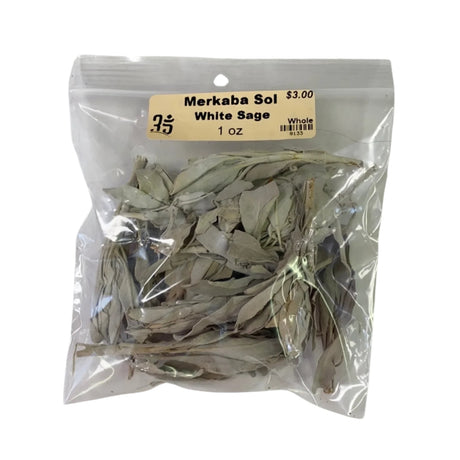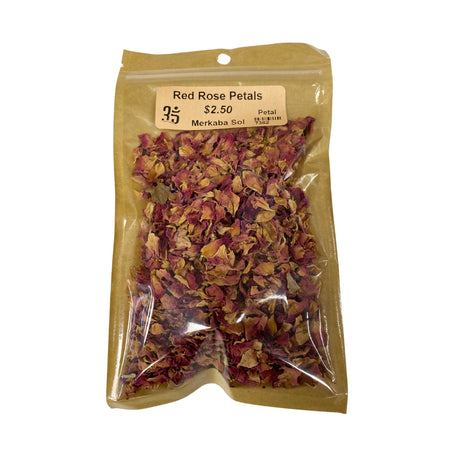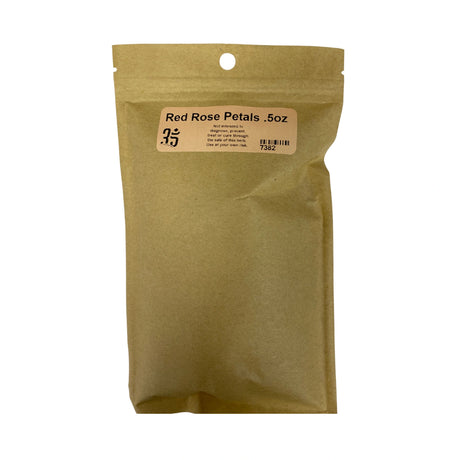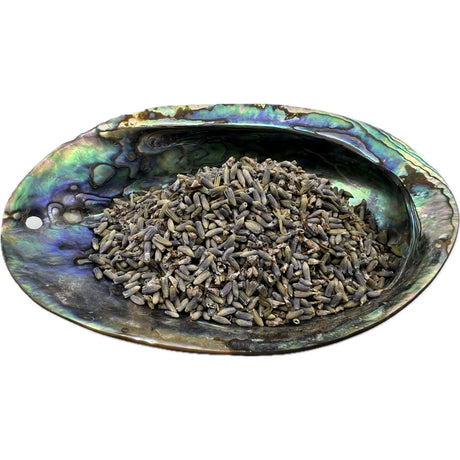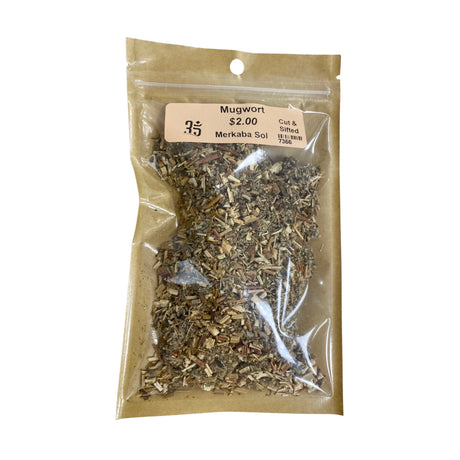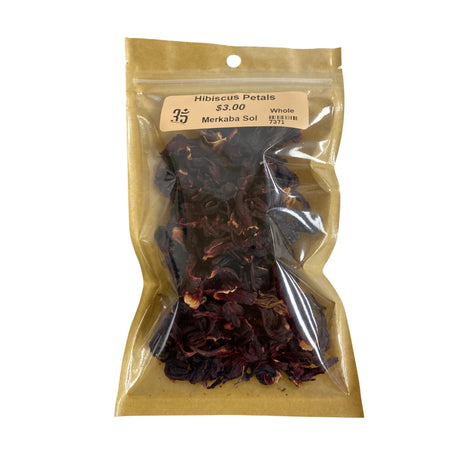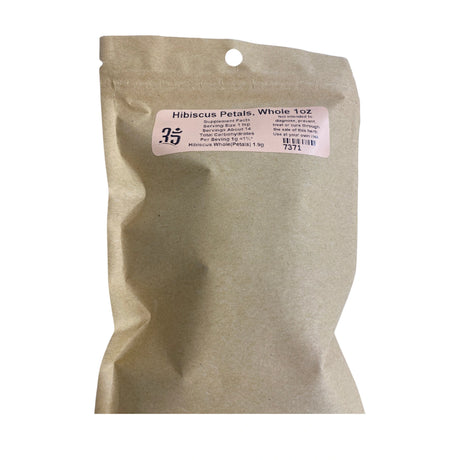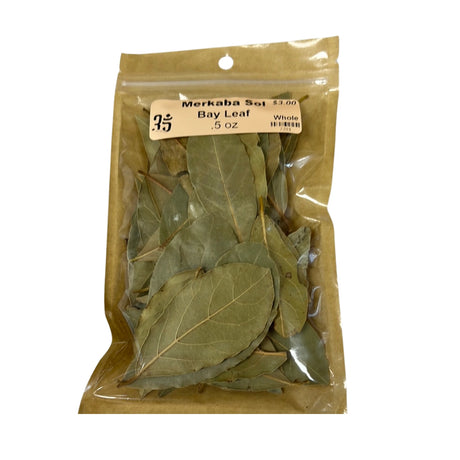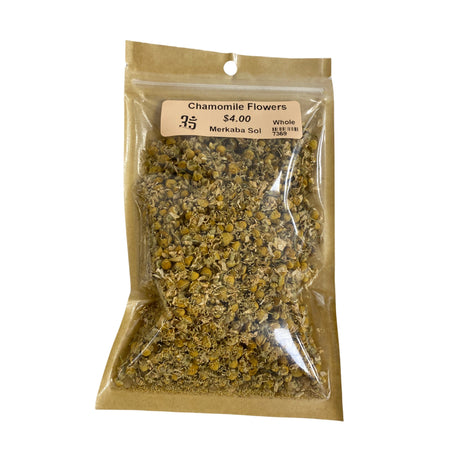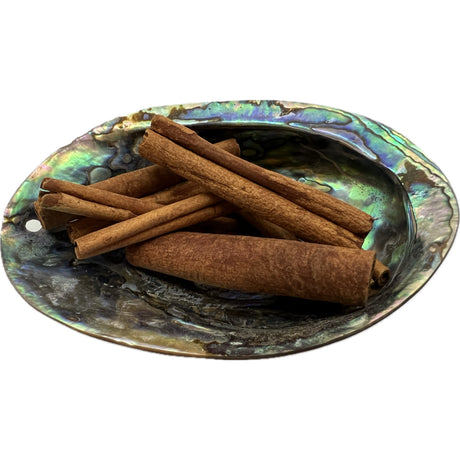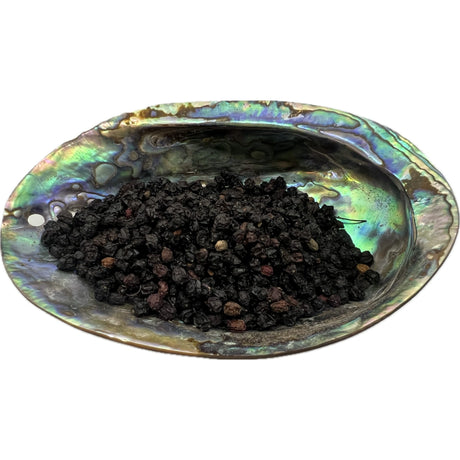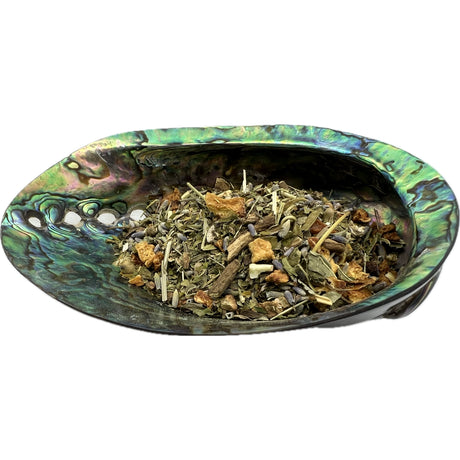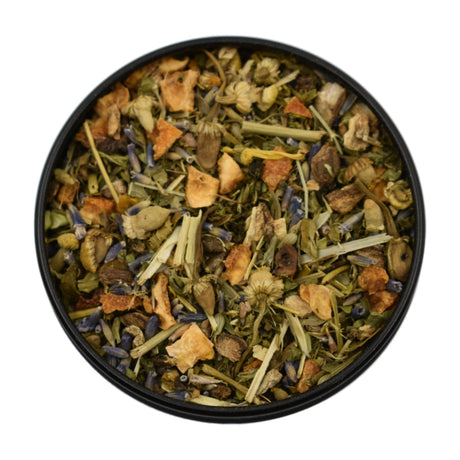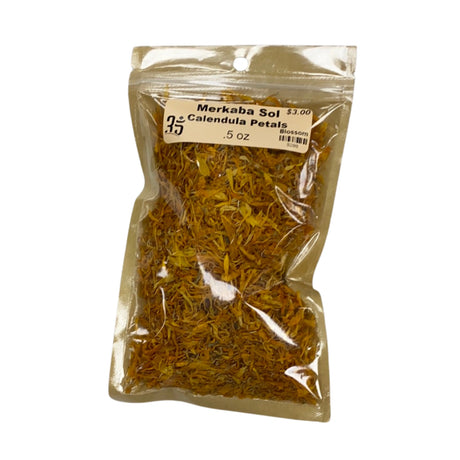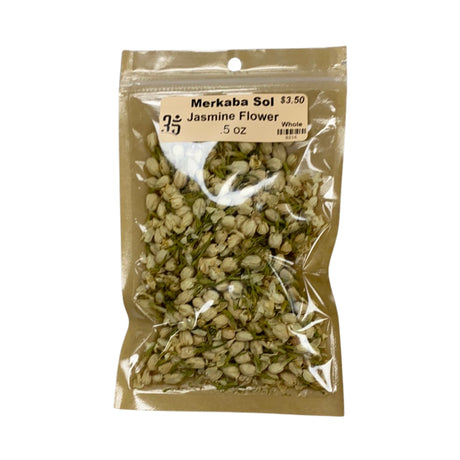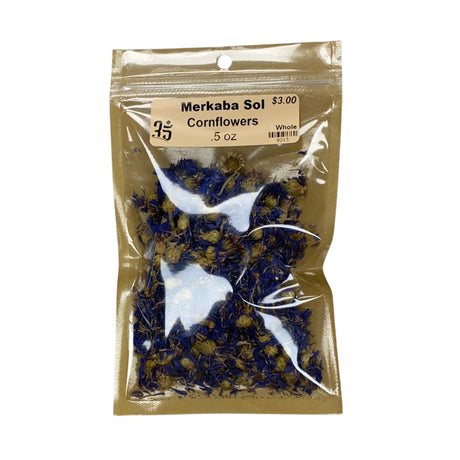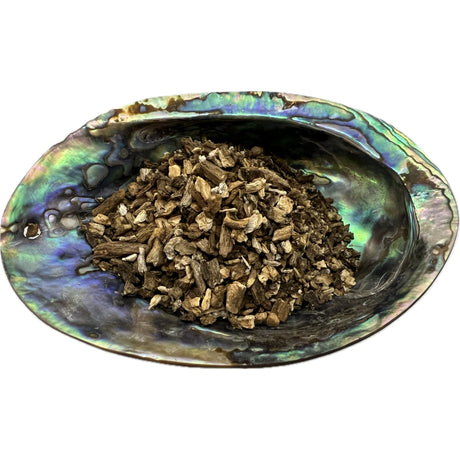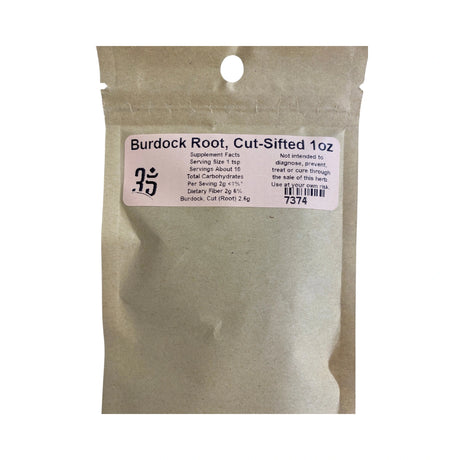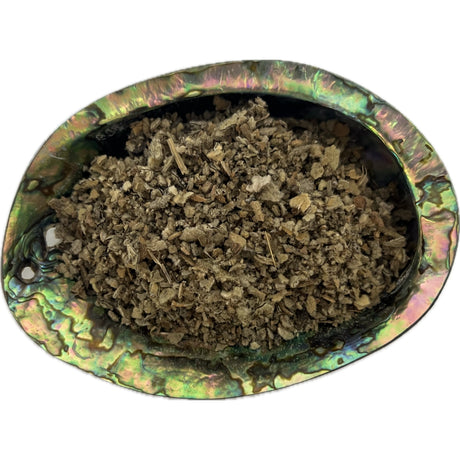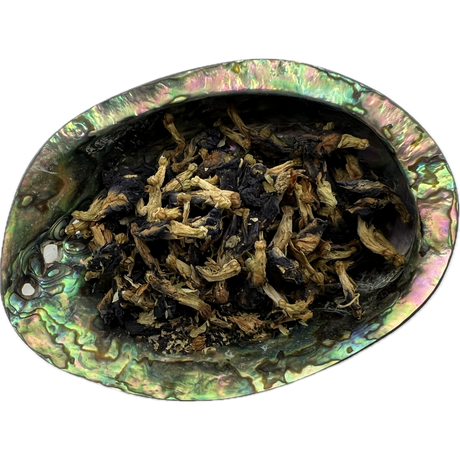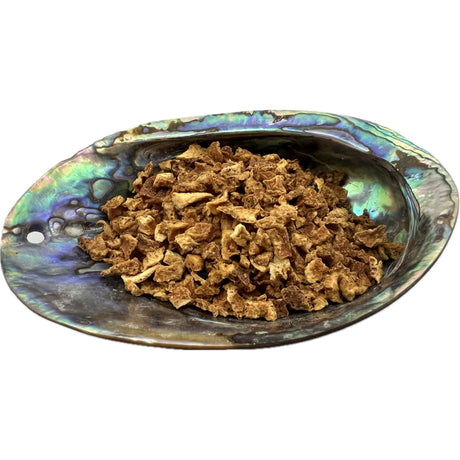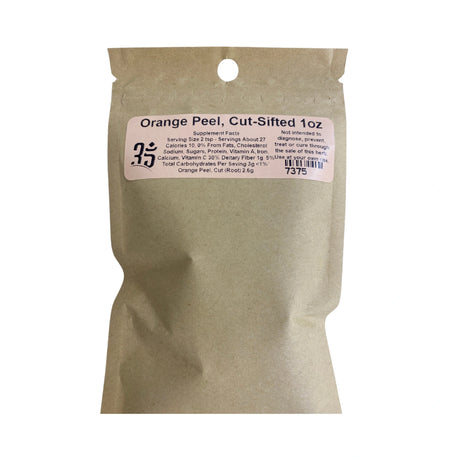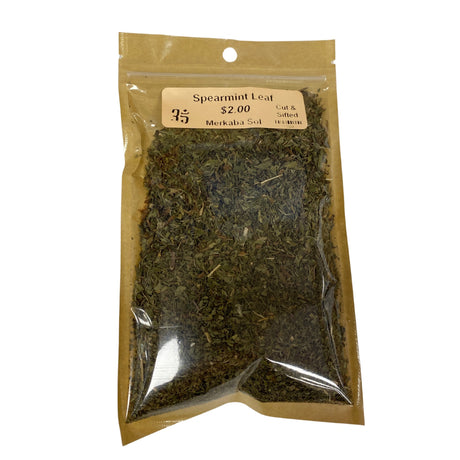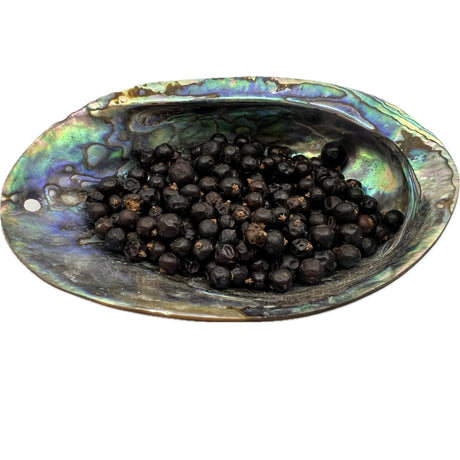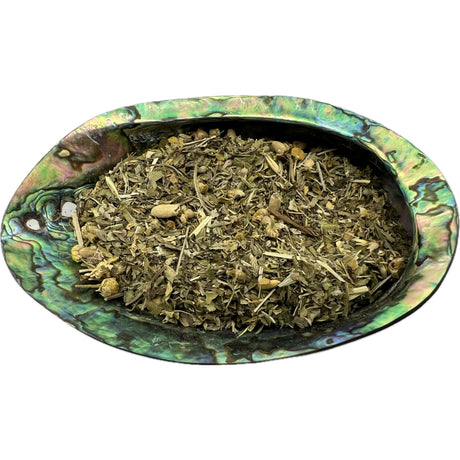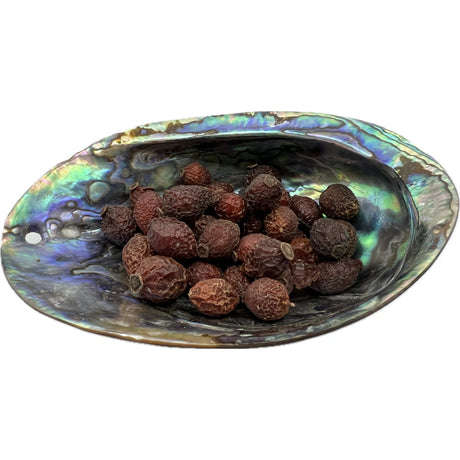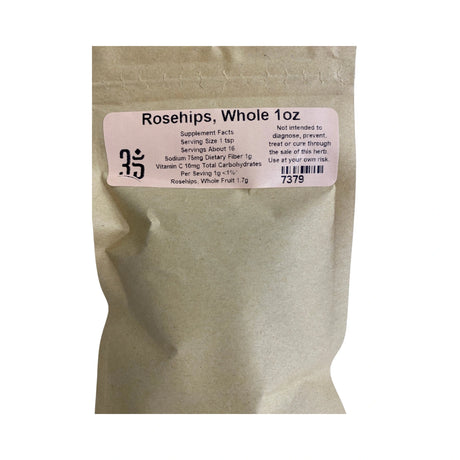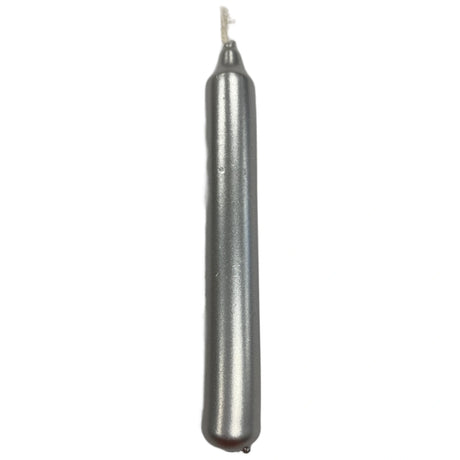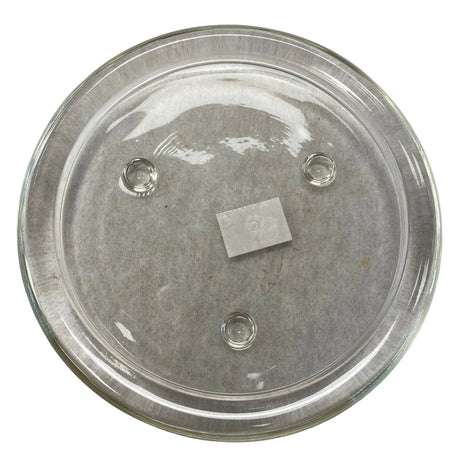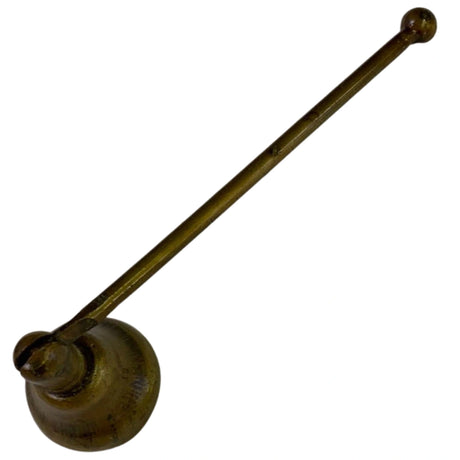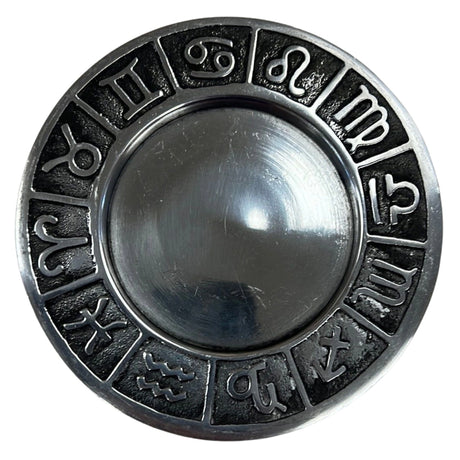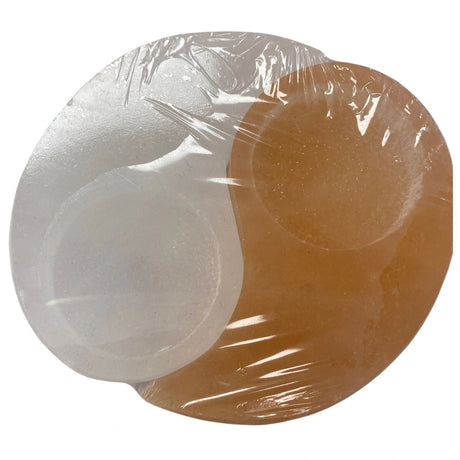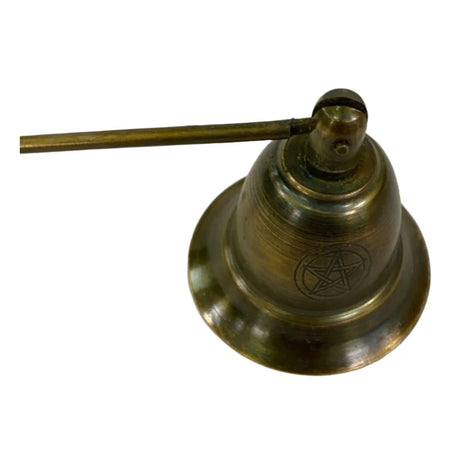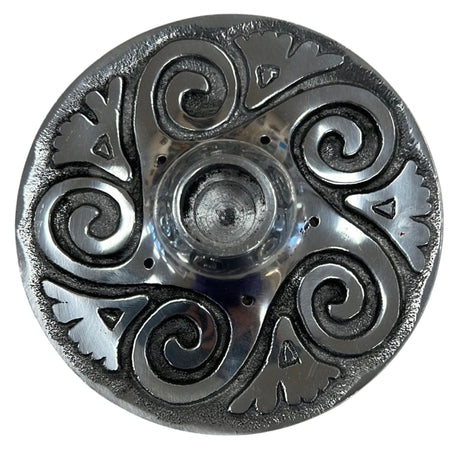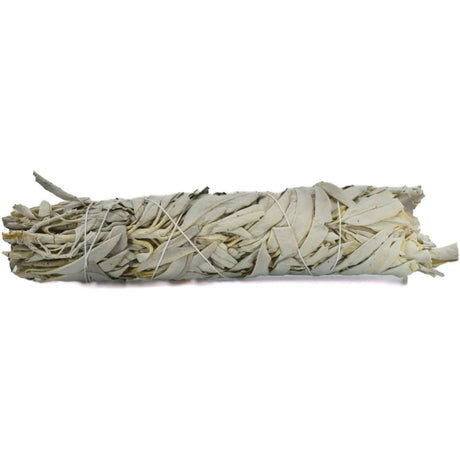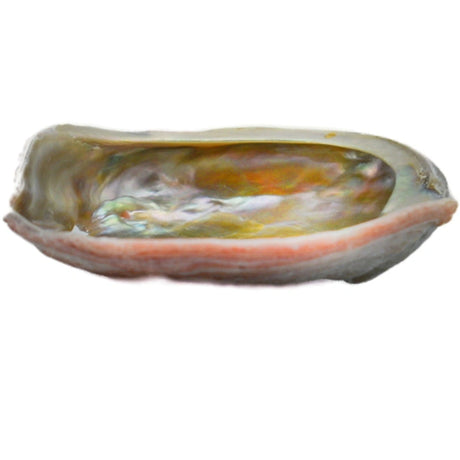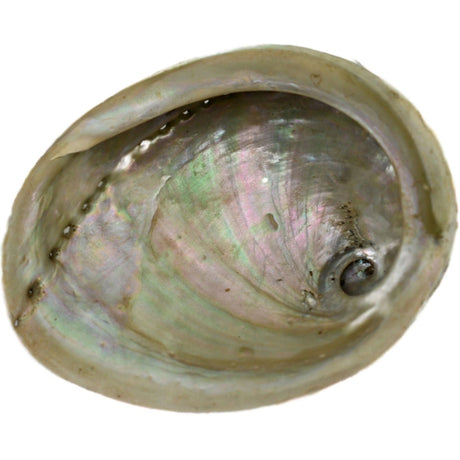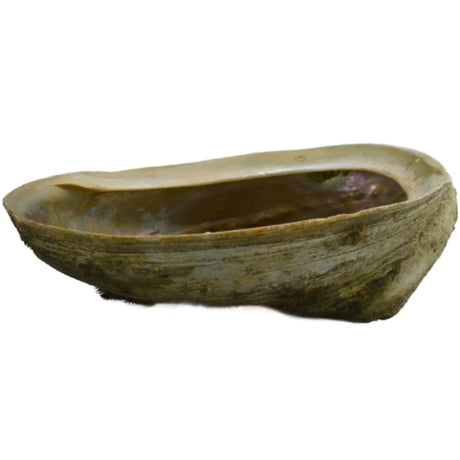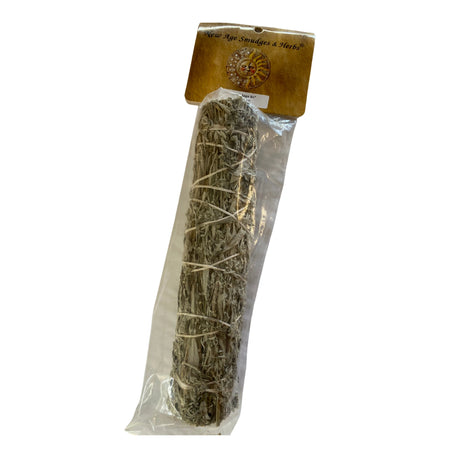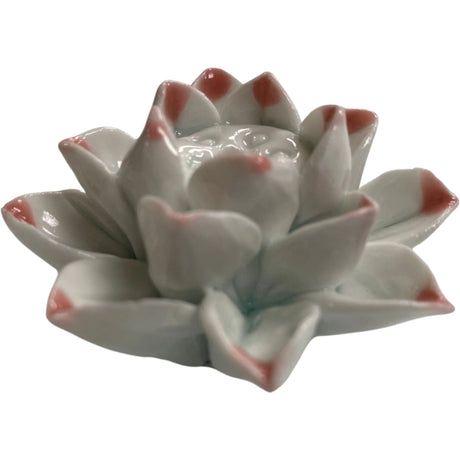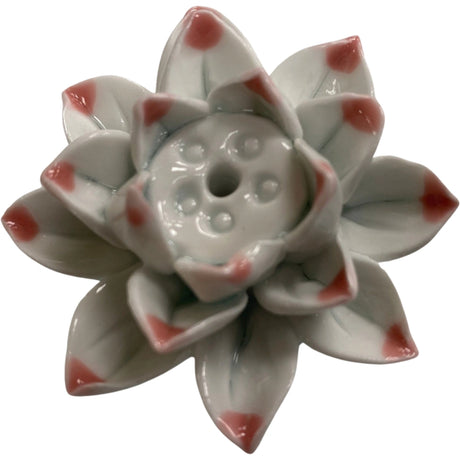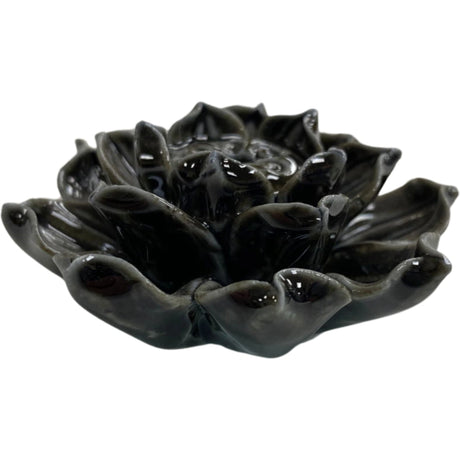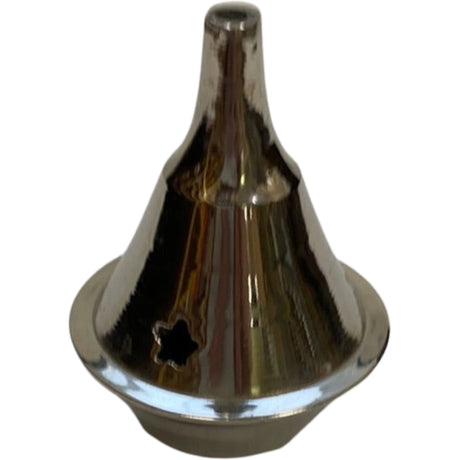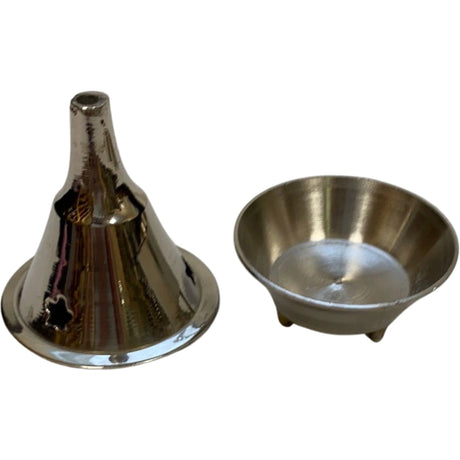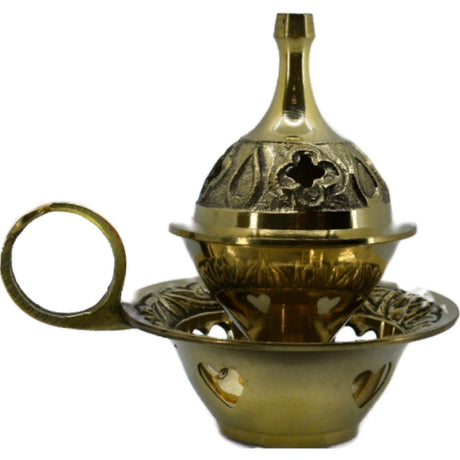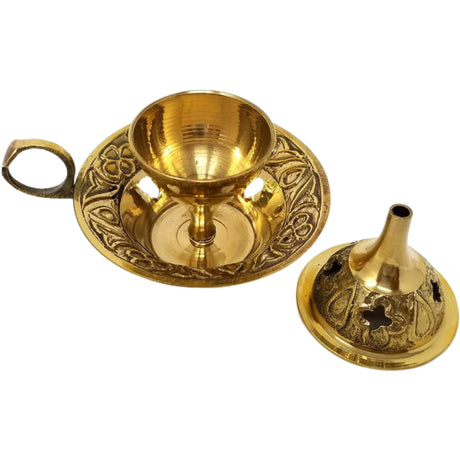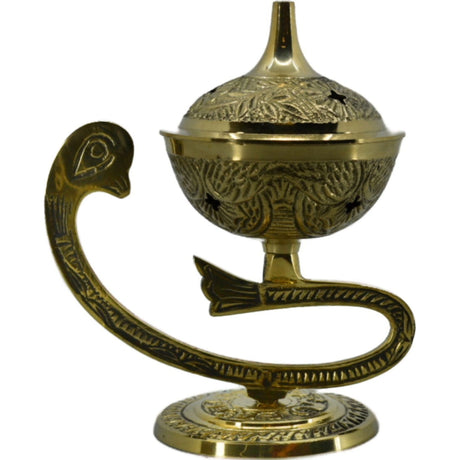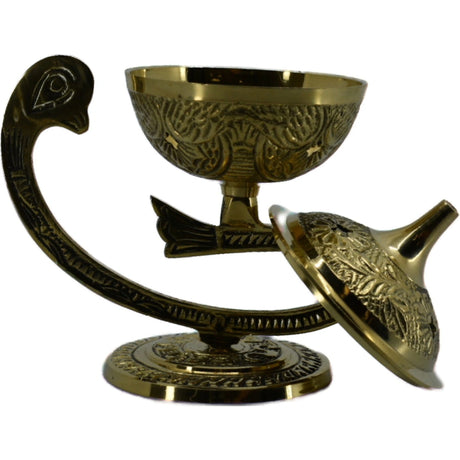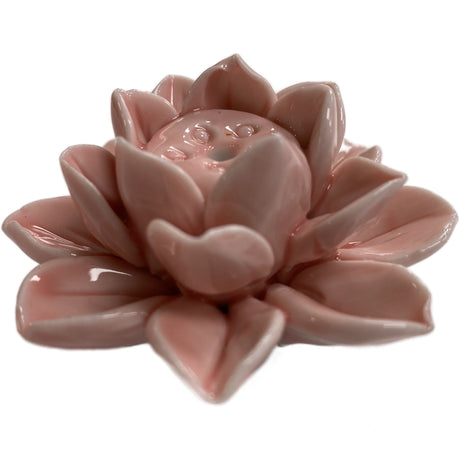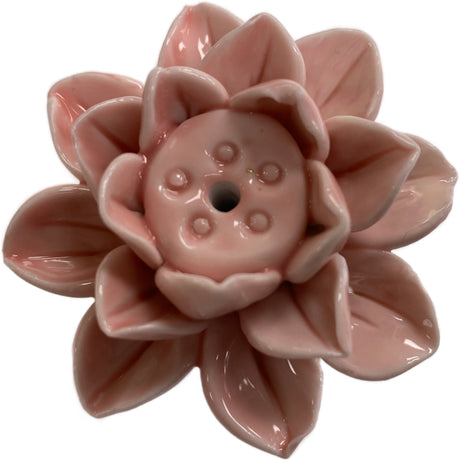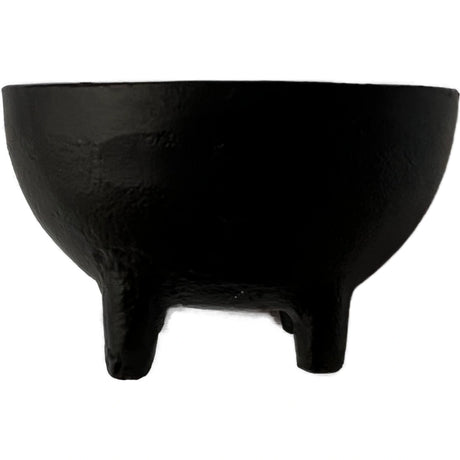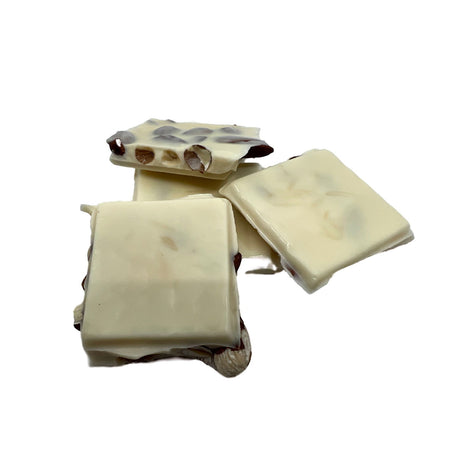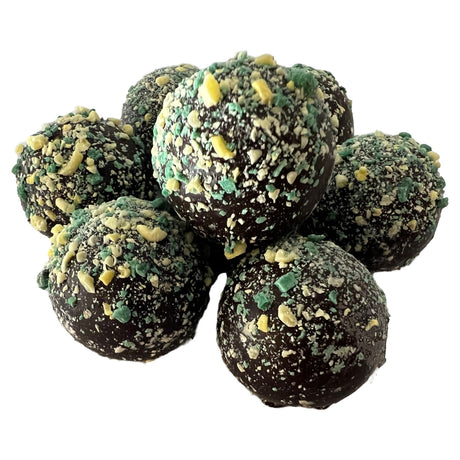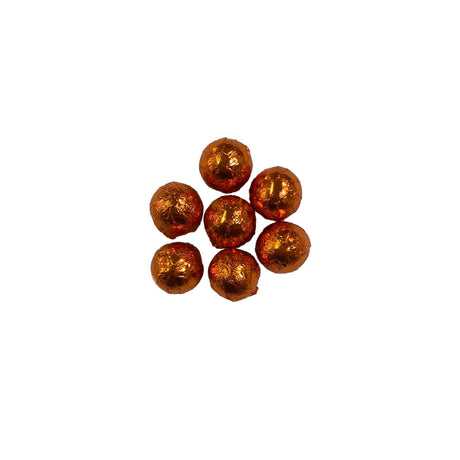If you’re into natural remedies or just love exploring the world of herbal medicine, you’ve probably heard of Damiana. This fascinating little plant, scientifically known as Turnera diffusa, is a small shrub that hails from the warm regions of Central and South America. But don’t let its size fool you—Damiana has a big reputation, especially when it comes to its historical use as an aphrodisiac. Let’s dive into the intriguing story of Damiana, exploring its roots, modern uses, and the science that’s starting to catch up with ancient wisdom.
From Ancient Times to Modern Love Potions: The Story of Damiana
A Walk Through History
Pre-Columbian Origins: Damiana’s history stretches way back to pre-Columbian times, which means it’s been around for centuries—even before Columbus set sail. Indigenous peoples in Mexico, Central America, and South America were well-acquainted with Damiana’s potential, using its leaves for a variety of medicinal purposes. One of its most famous roles? A natural aphrodisiac. Yep, Damiana was like the ancient world’s version of Cupid, believed to spark romance and enhance sexual desire.
The Spanish Connection: Fast forward to the era of Spanish exploration. When the conquistadors arrived in the Americas, they noticed the indigenous use of Damiana and, intrigued by its effects, brought it back to Europe. In the old continent, Damiana quickly gained a reputation as a medicinal herb, not just for love but for other ailments too.
The Patent Medicine Era: By the 19th century, Damiana found itself at the heart of the booming patent medicine industry. These were the days before modern pharmaceuticals, where concoctions with grandiose claims were sold as cures for everything from colds to “nervousness.” Damiana, with its exotic origins and storied past, was a natural fit for these tonics, particularly those marketed for sexual dysfunction and other related issues.
Damiana in Today’s World: More Than Just an Aphrodisiac
While Damiana’s reputation as a love herb has persisted through the ages, its modern-day uses go far beyond the bedroom. Today, you’ll find Damiana in health food stores, wellness shops, and online, often marketed as a natural remedy for various conditions.
A Closer Look at Modern Uses:
- Anxiety and Depression: Life can be stressful, and Damiana has been traditionally used as a natural way to calm the mind. Some people use it to help alleviate anxiety and mild depression, promoting a sense of relaxation.
- Digestive Health: Ever feel like your stomach’s in knots? Damiana has been used to soothe digestive issues, such as indigestion, heartburn, and constipation. Its mild laxative effect can help keep things moving smoothly.
- Energy and Mood Booster: Some users report feeling more energized and uplifted after taking Damiana. It’s thought that the plant’s effects on neurotransmitters might have something to do with this, making it a potential ally for those looking to boost their mood.
- Hormonal Balance: There’s talk in the wellness community that Damiana might help balance hormones, particularly in women. It’s sometimes used to ease symptoms of PMS or menopause, though more research is needed to back up these claims.
What’s Inside Damiana? The Science Behind the Leaf
You might be wondering, what exactly is it in Damiana that makes it so special? Well, like many herbs, Damiana is packed with a variety of chemical compounds that are thought to contribute to its effects.
The Star Players:
- Flavonoids: These are plant compounds known for their antioxidant properties. They help protect your cells from damage caused by free radicals, which are unstable molecules that can wreak havoc in the body and contribute to aging and disease.
- Tannins: If you’ve ever tasted something astringent, like a strong cup of tea, you’ve encountered tannins. In Damiana, these compounds may help reduce inflammation, which is a big deal because chronic inflammation is linked to many health issues.
- Volatile Oils: These oils give Damiana its distinctive aroma, and they’re thought to play a role in its medicinal effects, possibly influencing the nervous system.
Damiana and the Science of Sexual Health: Separating Fact from Folklore
Let’s get back to Damiana’s most famous claim to fame—its aphrodisiac properties. While it’s been celebrated for centuries as a love-enhancing herb, what does modern science have to say?
Research Highlights:
- Animal Studies: Some animal studies have shown that Damiana extracts can increase sexual activity in rats and mice. While that’s interesting, it’s important to remember that what works in animals doesn’t always translate to humans. Still, it’s a promising start.
- Hormonal Influence: There’s some evidence to suggest that Damiana may influence the levels of certain hormones, like testosterone, which could explain its traditional use as an aphrodisiac. However, human studies are still needed to confirm this.
- Anecdotal Evidence: Many people swear by Damiana’s effects, claiming it boosts libido and enhances sexual pleasure. While these stories are compelling, they’re not a substitute for clinical research. But hey, if it works for you, that’s what matters, right?
Beyond the Bedroom: Other Potential Health Benefits of Damiana
While the aphrodisiac buzz is what often draws people to Damiana, this plant has more to offer. Let’s explore some of the other potential benefits that make Damiana a versatile herb.
Mental Health:
- Anxiety Relief: Damiana’s relaxing effects might help those dealing with anxiety. A small human study found that Damiana supplementation was associated with reduced anxiety symptoms. While the study was small, it’s a hopeful sign that this herb could offer a natural option for those seeking calm.
- Mood Enhancement: Some believe that Damiana’s influence on neurotransmitters like serotonin and dopamine might help improve mood and combat mild depression. Again, more research is needed, but the anecdotal evidence is strong.
Digestive Health:
- Easing Digestive Troubles: Damiana has been traditionally used to help with digestive issues like indigestion, heartburn, and constipation. It’s thought to stimulate digestion and may act as a mild laxative, making it a go-to for those occasional tummy troubles.
Weight Management:
- Metabolism Booster?: Some people believe that Damiana can help with weight loss by boosting metabolism and reducing appetite. While there’s not much scientific evidence to support this, it’s a popular use in the wellness community.
Anti-inflammatory and Antioxidant Effects:
- Fighting Inflammation: Chronic inflammation is at the root of many health problems, and Damiana’s tannins might help keep it in check. In vitro studies (that’s lab talk for studies done in test tubes or petri dishes) have shown that Damiana extracts have anti-inflammatory properties.
- Antioxidant Protection: The flavonoids in Damiana are thought to help protect your cells from damage, potentially reducing the risk of chronic diseases like heart disease and cancer.
Using Damiana: How to Get the Most Out of This Herb
So, you’re curious about trying Damiana? Here’s what you need to know about how to use it, and what to watch out for.
Ways to Take Damiana:
- Dried Leaves: This is the most traditional form of Damiana. You can brew the leaves into a tea, which is said to have a pleasant, slightly sweet flavor. Some people also add the dried leaves to capsules or blend them into herbal smoking mixtures (though smoking isn’t the healthiest option).
- Tinctures: These are liquid extracts of Damiana leaves, usually in an alcohol base. Tinctures are convenient because they’re concentrated—just a few drops under the tongue or added to a beverage can do the trick.
- Capsules: For those who prefer a no-fuss option, Damiana capsules are available in most health stores. They’re pre-measured, so you don’t have to worry about dosing.
Dosage Tips:
- Start Small: Like with any new supplement, it’s wise to start with a small dose to see how your body reacts. You can gradually increase the dose if needed, but always follow the instructions on the product or consult with a healthcare professional.
- Listen to Your Body: Pay attention to how you feel after taking Damiana. If you notice any negative side effects, it might be a sign to reduce the dosage or stop altogether.
Possible Side Effects and Precautions
Damiana is generally considered safe for most people, but that doesn’t mean it’s without potential side effects.
What to Watch Out For:
- Digestive Issues: Some people might experience nausea, vomiting, or diarrhea, especially if they take too much.
- Headaches: A few users report headaches after taking Damiana.
- Dizziness: In rare cases, Damiana can cause dizziness, so it’s best to avoid operating heavy machinery until you know how it affects you.
- Allergic Reactions: If you’re allergic to plants in the Turnera genus, steer clear of Damiana, as it could trigger an allergic reaction.
Consult a Professional:
- Medical Conditions: If you have any underlying health conditions or are taking medication, it’s crucial to talk to a healthcare provider before starting Damiana. This is especially important if you’re pregnant, breastfeeding, or have a history of liver or kidney issues.



